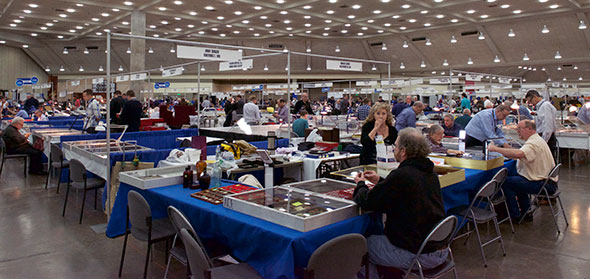
By Peter Mosiondz, Jr. for CoinWeek….
The relationship between a coin collector and his or her favourite dealer will go a long way in determining the growth and health of the individual’s coin collection, not to mention the added benefits of continued interest and enthusiasm for our great hobby of numismatics.
For the continued development of the coin hobby it is imperative to those of us who reside anywhere within an easy commute to a coin dealer’s store, patronize that dealer to any extent possible – assuming of course that the dealer is not obnoxious or rude and that the prices asked are not anticipatory of what may be sought ten years or more down the road. All things being equal, you’ll find that the majority of coin store proprietors are a very friendly group who are willing and eager to share the numismatic knowledge they have gained over a good number of years. This is especially true for the neophyte collector. The dealer knows all too well that the future of not only the hobby but his or her livelihood as well depends on obtaining and keeping new collectors. The coin store dealer is also an important promotional vehicle for the hobby. The storefront display cannot help but attract interested newcomers to our hobby. If anyone passes by enough times it is inevitable that they will enter the premises. For a youngster it may be that first gaze at the dazzling display of coins and currency. That’s why I believe that it is vital to support the store dealer whenever possible. Without the store there are no interested passersby.
Another important spoke in the wheel is the mail-order coin dealer. Other types of essential dealers include bourse (or show) dealer, the professional who conducts mail bid sales or public auctions and the internet dealer. We’ll have more to say on these at a later time. Suffice to say that at some point in our numismatic lives, each of us will have had some transactions with each of the dealer types mentioned.
For the present time we will concern ourselves with certain points of etiquette that should pertain to our dealings with coin dealers; a sort of “Dear Uncle Pete” in lieu of Abby.
There are certain dos and don’ts that are important in our interactions with a coin dealer. Remembering that the coin dealer is a professional, we must make our best attempt to act in the same professional manner. Just as the grocer, dry cleaner or painter, the coin dealer depends on the sale of a coin at a profit in order to make a living. Here we are speaking of the full=time professional coin dealer. Just like anyone else, they have a mortgage to pay and all of the other bills that each of us must deal with every month. I have found over many years that treating one with dignity and respect will earn those traits in return.
Let’s examine some of the points to consider when dealing with a dealer.
DO
- Indicate your collecting interests and goals.
- State your budget limitations and frequency. In other words “I have X to allocate on my hobby every week or month, etc.
- Provide either a list of coins you already have in your collection or a list of coins you wish to obtain next. This latter list is known as a “want list” in the hobby.
- Clearly indicate your grade and appearance requirements. For example, if you collect uncirculated coins, do you want brilliant or toned coins? If toning is preferred be specific as to the degree.
- Ask questions. Remember that a stupid question is the one that goes unasked.
- Handle the dealer’s coins and currency with the utmost of care. I always try to treat them as if they were my very own possessions. I find that I am more careful in this manner.
- Always expect value received for money spent.
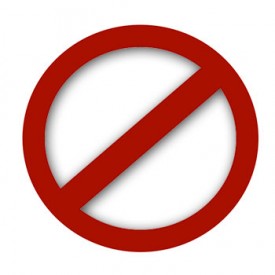 DON’T
DON’T
- Don’t haggle unnecessarily. I wouldn’t question a price unless I was absolutely certain that I could obtain an exact piece elsewhere for considerably less. Then I might say, “Is this your best price?”
- Expect bargains on choice and desirable coins.
- Be unrealistic in your dealings and interactions.
- At the bourse, don’t take up a seat unless you came to the dealer’s booth with a bona-fide intention of buying something. They are not rest chairs. The dealer needs to have them occupied with potential buyers.
Let’s explore some of our dos and don’ts.
It is to your advantage to give the dealer your collecting interests, budgetary concerns, condition requirements and goals, your want list, and any other useful information. This puts the dealer in a much better position to satisfy your particular needs. Think of providing this information as one would do on the initial visit to a doctor’s office. Certain information is imperative to a mutually rewarding relationship.
By knowing what you’d like to purchase next, a dealer inquire with colleagues to see if the desired item is available. If so, your dealer can offer it to you at a more favourable price since the usual costs of inventorying the item do not apply here. He is able to “turn” it quickly, so to speak. In such instances the dealer will usually work on a ten-percent (or possibly less) mark-up.
Asking questions of an established dealer is one of the best methods of learning about coins and the coin hobby. For example, if you do not know what an extra water line is on a coin and where to find it if you did know, ask your dealer to show it to you and explain the cause. Of course you are not going to go into a lengthy question and answer period if the store is full of collectors waiting to be attended to. But, at quiet times, most dealers are only too happy to oblige.
As far as the handling coins is concerned, many of today’s coins are encapsulated in rigid plastic containers or repose in 2×2 Mylar® holders so we don’t have the problem we had many years ago insofar as damage to the coin by dropping it. However dropping an encapsulated coin can result in damage to the plastic housing. Dropping a coin in the holder could result in damage to obverse or reverse and, needless to say, dropping a coin that is not holdered in any manner will most likely result in a rim dent. Dealers, like china shop owners, make the admonition, “if you break it, you bought it”. So, be very careful when handling coins, especially when they do not belong to you.
A basic right for any buyer in any transaction is to expect value received for money spent. This simply means that you are entitled to receive a dollar’s worth of goods or services for every dollar spent; nothing more and nothing less. Don’t expect a $150 coin for $100. Dealers are a friendly lot but not to the point of handing out $50 to me and you.
Moving on to our list of don’ts, nothing irritates a dealer more than the constant chiseler. That is to say the collector who finds it necessary to haggle over every price on every coin. It is one thing to ask for a reduction if you can substantiate the fact that the identical coin can be purchased elsewhere at a significantly lower price. It is quite another thing to dicker over everything.
Someone once told me that a bargain coin always looks like a bargain coin. And, bargain prices only accompany bargain coins. Remember what we told you in our installment on the “Psychology of Coin Collecting”; there is no Santa Claus in numismatics.
The other don’ts should be self-explanatory.
As to the mail bid sales and public auctions; we will have much more to say about that in an upcoming two-part feature. Make sure that your Canadian Coin Newssubscription does not expire.
Until next time, stay well and enjoy your hobby.


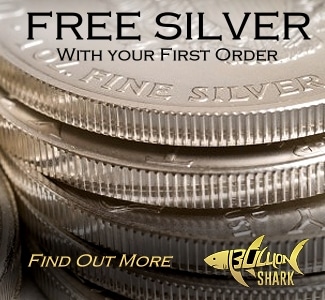
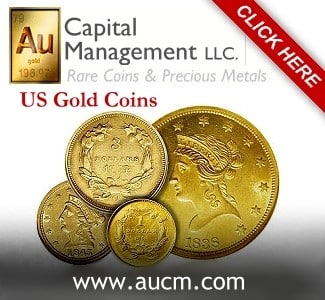
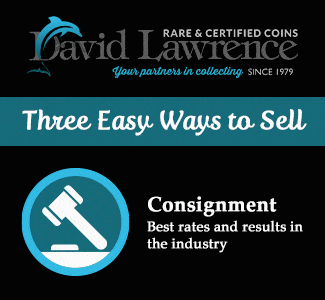
My son has told me he really wants to get into coin collecting this summer. I’ll have to show him this post so he knows what to do and not do when it comes to collecting. Like you say setting a budget is a great first step in collecting. You don’t want to spend all your money on just coins. Thank you for all the great information on collecting.